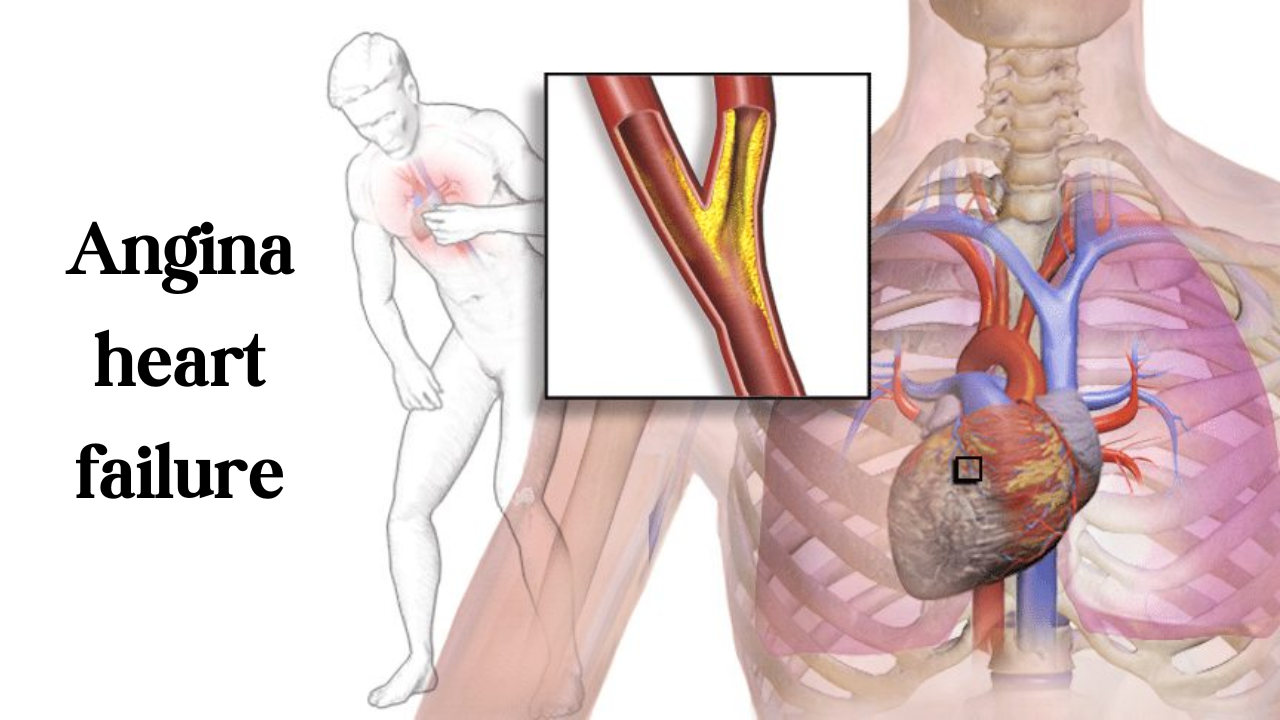Last updated on January 29th, 2025 at 02:21 pm
Your heart is the engine that powers your body. Maintaining its health is essential for your overall well-being. What you eat and what you drink are the determinants of heart health (Discover the best drinks for your heart health).
But how can I check my heart health at home? Whether you’re looking to assess your cardiovascular health expert or take preventative measures, this guide will provide you with practical and accurate methods to help you stay on top of your heart health.
Firstly, Recognize the Warning Signs of Heart Issues
The first step in checking your heart health at home is understanding the symptoms of a poor heart health. Look out for the following signs:
- Chest discomfort: Pressure, tightness, or pain could indicate heart problems.
- Shortness of breath: Especially during light activity or while resting. (This could be Exertional Angina)
- Unusual fatigue: Persistent exhaustion can signal heart strain.
- Swelling in feet or ankles: Fluid retention may indicate heart issues.
- Irregular heartbeat: Feeling your heart skip beats or race.
If you experience any of these symptoms, consult a healthcare professional immediately.
Tools and Methods to Monitor Your Heart Health
It is essential that you visit a clinic to get an idea of your heart’s condition. However, these simple methods and tools can also allow you to monitor your heart health at home:
1. Measure Your Pulse
Your pulse provides insights into your heart rate and rhythm. Follow these steps:
- Place two fingers (not your thumb) on your wrist or neck.
- Count the beats for 30 seconds and multiply by two to get your beats per minute (BPM).
- Acoording to Havard Health, A normal resting heart rate for adults ranges between 60-100 Beats per minute (BPM). The heathiest is 55-85 Beats per minute.
2. Monitor Your Blood Pressure
High blood pressure (hypertension) is a major risk factor for heart disease. Invest in a home blood pressure monitor:
- According to Havard health, the Ideal blood pressure is below 120/80 mmHg.
- Measure at the same time daily for consistency.
- Follow the manufacturer’s instructions to ensure accuracy.
3. Use Smart Devices and Wearables
Smartwatches and fitness trackers with heart-monitoring features are widely available. These devices can:
- Track your heart rate 24/7.
- Detect irregular rhythms like atrial fibrillation (AFib).
- Some devices, like those with built-in ECG features, provide advanced insights.
4. Cholesterol and Blood Sugar Testing Kits
- Cholesterol test kits: Measure LDL (bad cholesterol), HDL (good cholesterol), and triglycerides.
- Blood glucose monitors: Check for diabetes, a key risk factor for heart disease.
5. Body Weight and Waist Measurement
Excess body fat, particularly around the abdomen, increases heart disease risk. Use these measurements to assess your heart health at home setting:
- A healthy waist circumference is less than 40 inches for men and 35 inches for women.
- Aim for a healthy BMI (18.5 to 24.9).
Simple Lifestyle Assessments for Heart Health
Apart from tools and tests, evaluate your lifestyle to understand its impact on your heart heart health at home:
- Diet: Are you consuming heart-healthy foods like fruits, vegetables, whole grains, and omega-3 fatty acids? Avoid excessive salt, sugar, and saturated fats.
- Exercise: Aim for at least 150 minutes of moderate-intensity aerobic activity weekly.
- Stress management: Practice mindfulness, meditation, or yoga to reduce stress.
- Smoking and alcohol: Avoid smoking and limit alcohol intake.
Preventative Measures for Better Heart Health at Home
Even if your home assessments indicate good heart health, taking preventative steps ensures longevity:
- Stay active: Regular physical activity strengthens the heart and improves circulation.
- Eat a balanced diet: Include lean proteins, healthy fats, and plenty of fiber.
- Manage conditions: Control diabetes, high cholesterol, and high blood pressure.
- Get enough sleep: Aim for 7-9 hours of quality sleep each night.
When should you Seek a Cardiologist Help Over Heart health?
While home monitoring is beneficial, it’s not a substitute for cardiologist’s medical evaluations. Contact your cardiologist if you experience:
- Consistently high blood pressure readings.
- Symptoms like chest pain, shortness of breath, or fainting.
- Abnormal ECG readings on wearable devices.
- Elevated cholesterol or blood sugar levels from home tests.
Limitations of Heart Health at Home Monitoring
While the methods above are useful, they have limitations:
- Accuracy concerns: Ensure devices are calibrated correctly.
- No substitute for professional diagnostics: Home assessments can’t detect complex conditions like clogged arteries or structural abnormalities.
Monitoring your heart health at home is convenient and empowering. By using tools like blood pressure monitors, smart devices, and lifestyle evaluations, you can gain valuable insights into your cardiovascular health. However, always prioritize a cardiologist medical advice for accurate diagnoses and treatment plans.
Taking these steps can help you stay proactive about your heart health. Start today—your heart will pump your blood well! For more insights on managing health- Medical Antidote.




